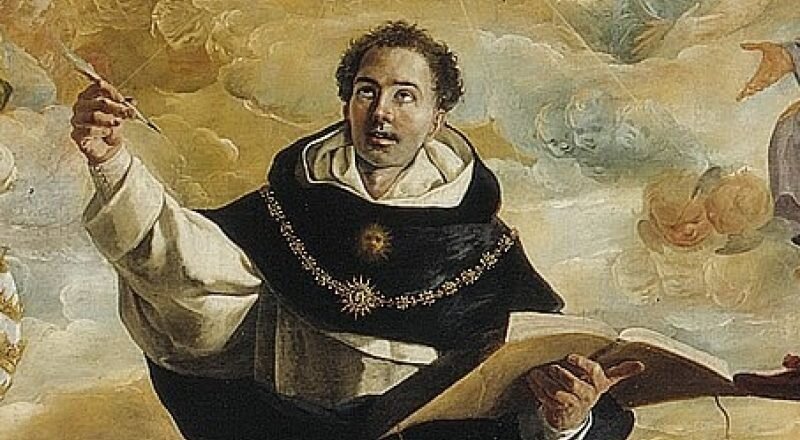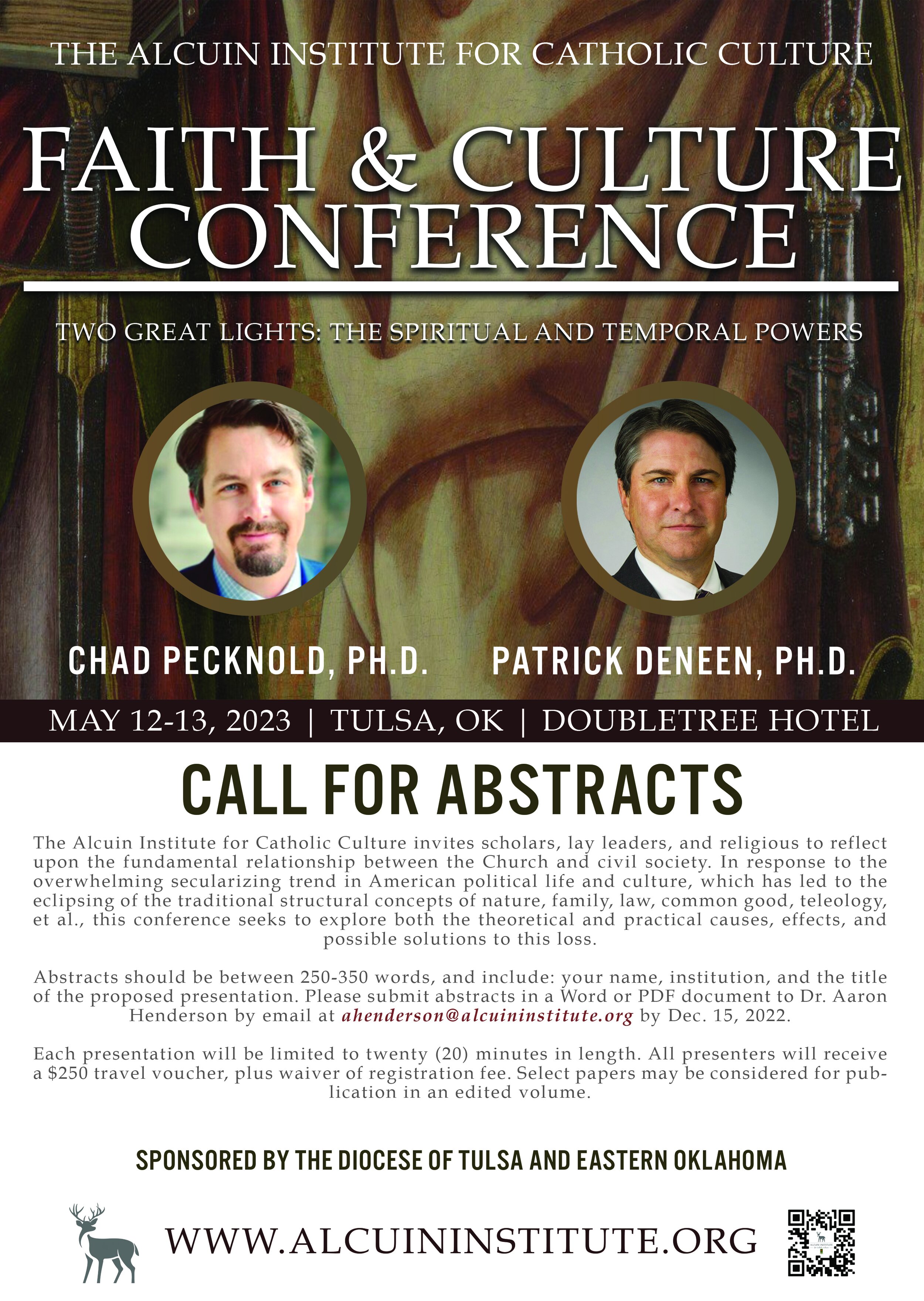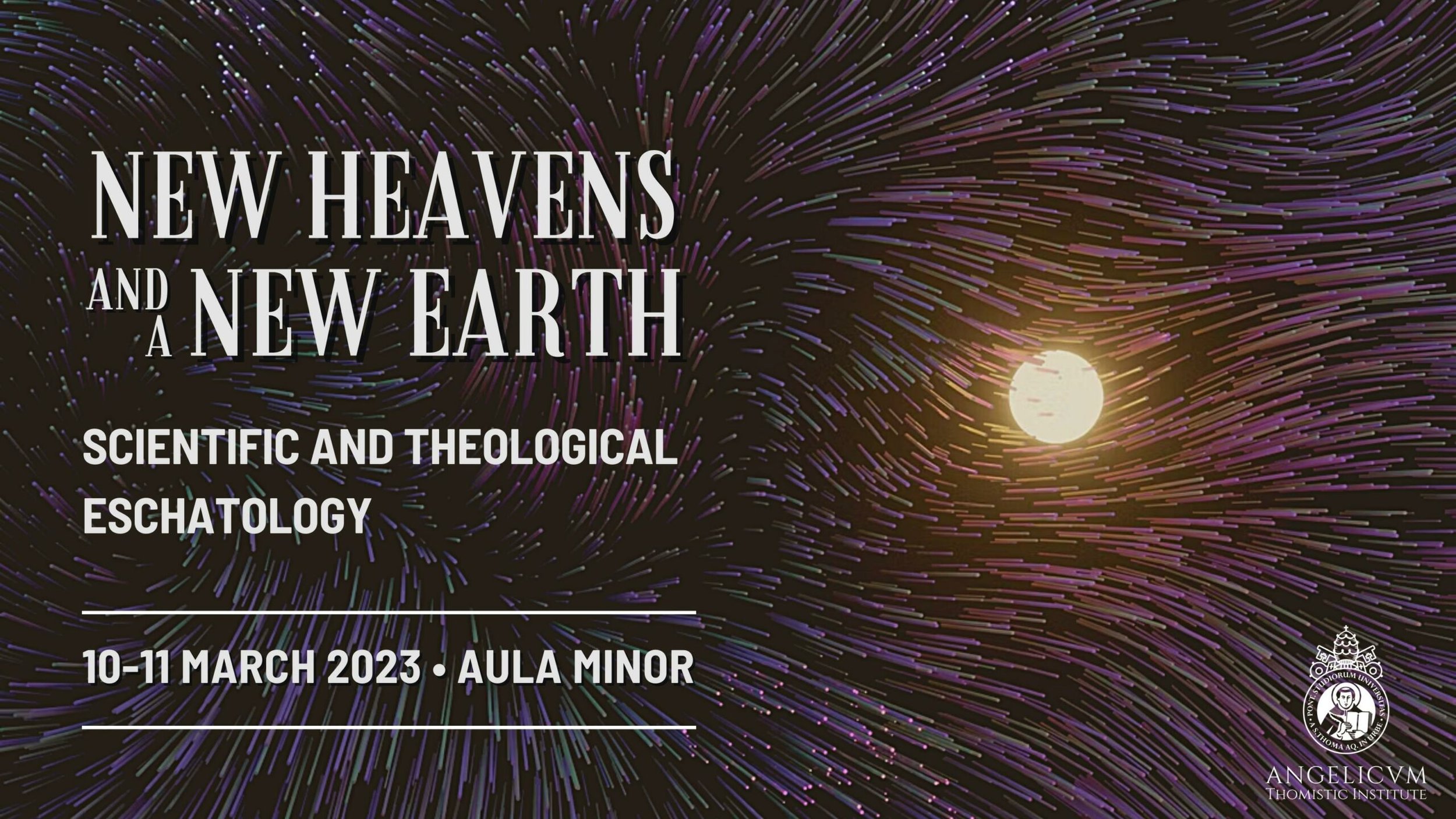To mark the 750th anniversary of the death of St. Thomas Aquinas, the Thomistic Institute and the Dominican House of Studies present a conference on St. Thomas’s thought with keynote addresses and a call for papers for shorter breakout sessions.
A group of major scholars will treat the theme of Thomas Aquinas as the Common Doctor, each from the perspective of his or her own expertise. Each contributor will treat the question of whether, and to what extent, Aquinas may (or may not) be considered a “common doctor” in theological and philosophical engagements today.
What? A three-day conference on the theme on Aquinas as the Common Doctor in contemporary theology and philosophy.
Where? Dominican House of Studies (487 Michigan Ave. NE, Washington, D.C. 20017)
When? Thursday, September 14 to Saturday, September 16, 2023
Each talk concludes with time for Q&A. Light refreshments, including snacks and coffee, will be served between the lectures.
Featuring:
Therese Cory (University of Notre Dame)
Fr. Serge-Thomas Bonino, O.P. (Angelicum)
Joseph Wawrykow (University of Notre Dame)
Matthew Levering (University of St. Mary of the Lake)
Fr. Thomas Joseph White, O.P. (Angelicum)
Russell Hittinger (University of Tulsa)
Call for papers
We invite paper proposals on themes related to whether, and to what extent, Aquinas may (or may not) be considered a “common doctor,” whether in matters theological, philosophical, or otherwise. In particular, we invite papers on: Philosophy of Nature; Metaphysics; Virtue Theory and Philosophical Ethics; Moral Theology; Scripture and Exegesis; Sacraments; Trinity; Christology; Creation; Nature and Grace; and Faith and Reason (including the engagement with contemporary science).










